TLDR;
This episode of Keluar Sekejap discusses three instances of U-turns by the Malaysian government, highlighting potential issues with decision-making processes and the influence of the Prime Minister. The episode also delves into the ongoing debate surrounding the New Economic Policy (NEP) and its effectiveness, as well as the implications of Donald Trump's presidency on Malaysia and the world.
- The episode analyzes the government's decision to reverse its initial stance on toll exemptions during the festive season, highlighting the tendency to take the middle ground and the PM's rhetoric regarding the ultra-rich.
- The episode examines the government's U-turn on a planned anti-corruption rally, questioning the consistency and hypocrisy in the government's approach to freedom of assembly.
- The episode discusses the cancellation of a new working hour system for medical staff, highlighting the potential for embarrassing situations when ministers make decisions without proper consultation or support from the cabinet.
- The episode explores the ongoing debate surrounding the NEP, its effectiveness, and the need for a paradigm shift towards a more competitive mindset.
- The episode analyzes the implications of Trump's presidency on Malaysia and the world, highlighting the potential for a vacuum in global leadership and the rise of China as a dominant force.
Intro [0:00]
This episode of Keluar Sekejap begins with a brief introduction by KJ and Shahril Hamdan, wishing listeners and viewers a safe journey during the Chinese New Year holiday. They introduce the topic of the episode, which is the recent U-turns by the Malaysian government, and how these U-turns reflect potential issues with decision-making processes and the influence of the Prime Minister.
U-Turn: Diskaun Tol [1:45]
The first U-turn discussed is the government's decision to reverse its initial stance on toll exemptions during the festive season. The Minister of Works had initially announced that there would be no more toll exemptions, but the Prime Minister later suggested providing free tolls for the B40 and M40 groups. The cabinet ultimately decided to offer a 50% discount on tolls during the Chinese New Year period. KJ and Shahril discuss the implications of this U-turn, highlighting the government's tendency to take the middle ground and the PM's rhetoric regarding the ultra-rich. They argue that this partial reversal dilutes the government's efforts to achieve fiscal responsibility and sets a dangerous precedent for future policy decisions.
U-Turn: Himpunan Benci Rasuah [11:20]
The second U-turn discussed is the government's decision to allow an anti-corruption rally to take place after initially denying permission. The Ministry of Home Affairs had initially stated that the rally was not allowed because it was being held on private property, but the Prime Minister later approved the rally. KJ and Shahril discuss the implications of this U-turn, questioning the consistency and hypocrisy in the government's approach to freedom of assembly. They also raise concerns about the potential for authoritarianism within the government, suggesting that certain individuals may not truly believe in democratic principles.
U-Turn: Batal WBB [22:34]
The third U-turn discussed is the government's decision to cancel a new working hour system for medical staff. The Ministry of Health had initially proposed a new system called "Different Working Hours" (WBB), which aimed to reduce the workload of doctors and medical staff. However, the proposal faced significant backlash from medical officers, who argued that it would reduce their income and was impractical. The cabinet ultimately decided to cancel the WBB system and form a committee to conduct a study. KJ and Shahril discuss the implications of this U-turn, highlighting the potential for embarrassing situations when ministers make decisions without proper consultation or support from the cabinet. They also criticize the government's lack of consultation with medical professionals and the potential for decisions to be made by those who are divorced from reality.
Tahun Baru Cina [29:55]
KJ and Shahril discuss their experiences celebrating Chinese New Year, both during their time in politics and after. They share anecdotes about attending open house celebrations, organizing events in their respective constituencies, and the importance of interracial harmony during festive seasons. They also discuss the cultural aspects of Chinese New Year, including the tradition of giving ang pow (red envelopes) and the challenges of finding halal restaurants and hotels for family gatherings.
Dasar Ekonomi Baru [37:21]
KJ and Shahril discuss the ongoing debate surrounding the New Economic Policy (NEP) and its effectiveness. They acknowledge that the NEP has achieved some successes, particularly in human capital development, but argue that it has also created a culture of dependency and protectionism. They discuss the need for a paradigm shift towards a more competitive mindset and the importance of updating the NEP to reflect current economic realities. They also discuss the challenges of achieving the NEP's target of 30% Bumiputera equity ownership and the need for a more sophisticated approach to measuring economic progress.
Implikasi Trump [1:06:20]
KJ and Shahril discuss the implications of Donald Trump's presidency on Malaysia and the world. They highlight the potential for a vacuum in global leadership and the rise of China as a dominant force. They also discuss the potential for Trump's policies to negatively impact Malaysia, particularly in terms of trade and foreign relations. They express concern about the lack of interest in ASEAN by the Trump administration and the potential for China to fill the void. They also discuss the influence of Elon Musk and his support for far-right parties, highlighting the potential for unelected individuals to wield significant influence in global politics. They conclude by emphasizing the need for Malaysia to adapt to the changing global landscape and develop a more proactive foreign policy.
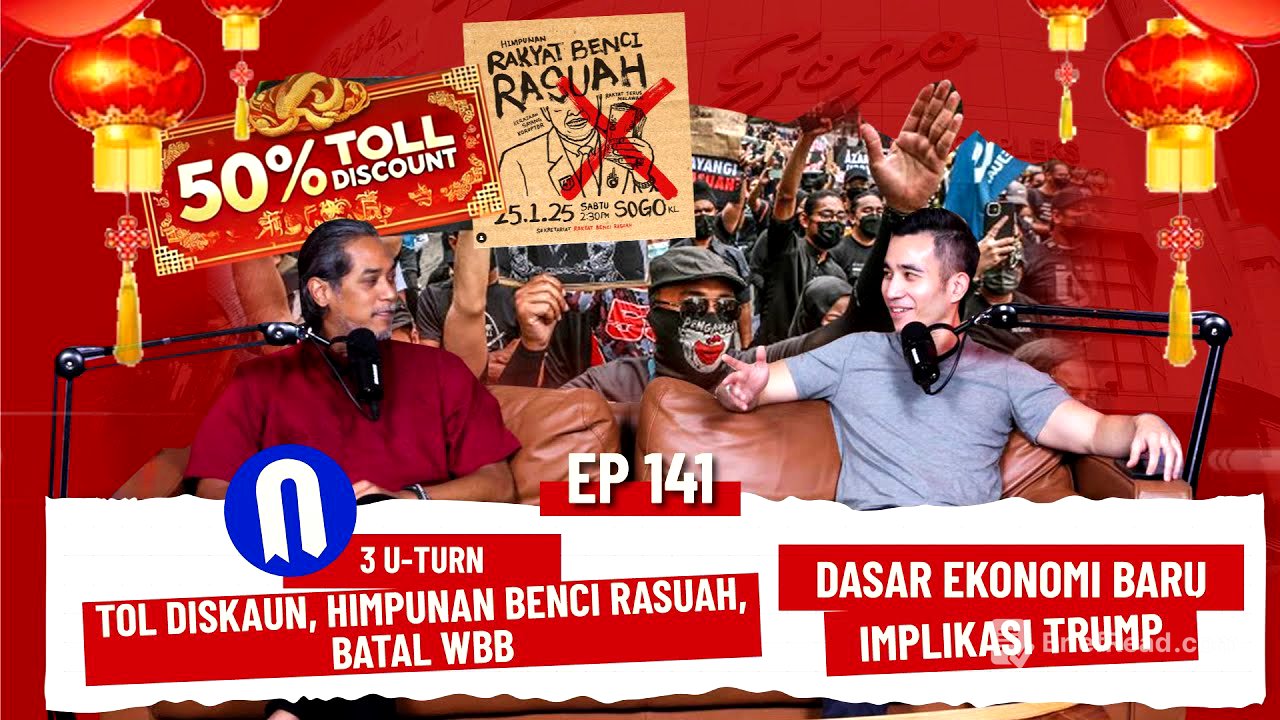

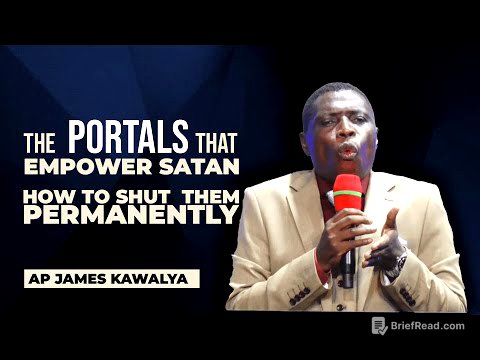
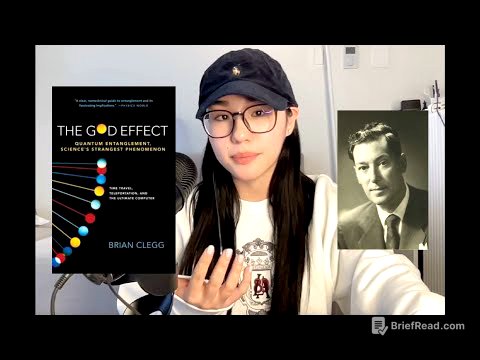

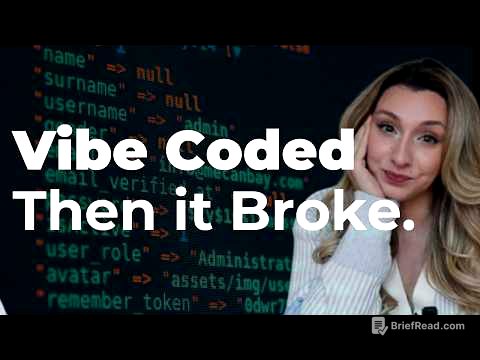

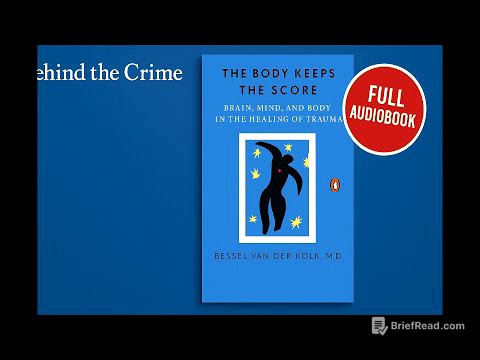
![[Digimon Podcast] LiT Episode 29 - Where's Wallace?](https://wm-img.halpindev.com/p-briefread_c-10_b-10/urlb/aHR0cDovL2ltZy55b3V0dWJlLmNvbS92aS9JdXpiOWNXX0VKQS9ocWRlZmF1bHQuanBn.jpg)
